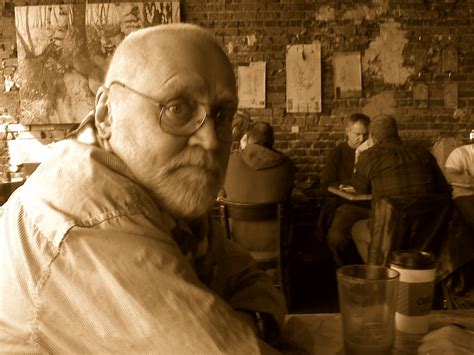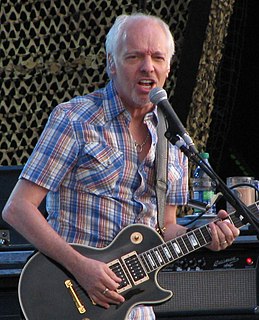A Quote by Edward Norton
Screenplays aren't written to be read, they're written to be made into movies.
Quote Topics
Related Quotes
Every year I hear people complain that the quality of screenplays and movies is declining. In my opinion, the vast majority of scripts written - as well as most movies that are released - are not very original, well-written, or interesting. It has always been that way, and I think it always will be.
I definitely want to do more movies, and I'm also a writer, so I have a few screenplays that I'm working on, one of them based off my one-woman show that I used to do in New York. Two of the screenplays I've written by myself, and then I'm also working on one with my writing partner, Tom Riley, who's in London.
I have completed and uncompleted screenplays, but they both fall into the category of “unsold.” I've seen quite a few movies where the screenplays seemed to be in the “uncompleted” category yet still got sold and made into movies, so I generally refer too all screenplays as “sold” or “unsold.” But that's just my own filing system.
I never felt like a happy-go-lucky ingenue to begin with. And parts are written better when you're older. When you're young, you're written to be an ingenue, and you're written to be a quality. You're actually not written to be a person, you're written for your youth to inspire someone else, usually a man. So I find it just much more liberating.



































